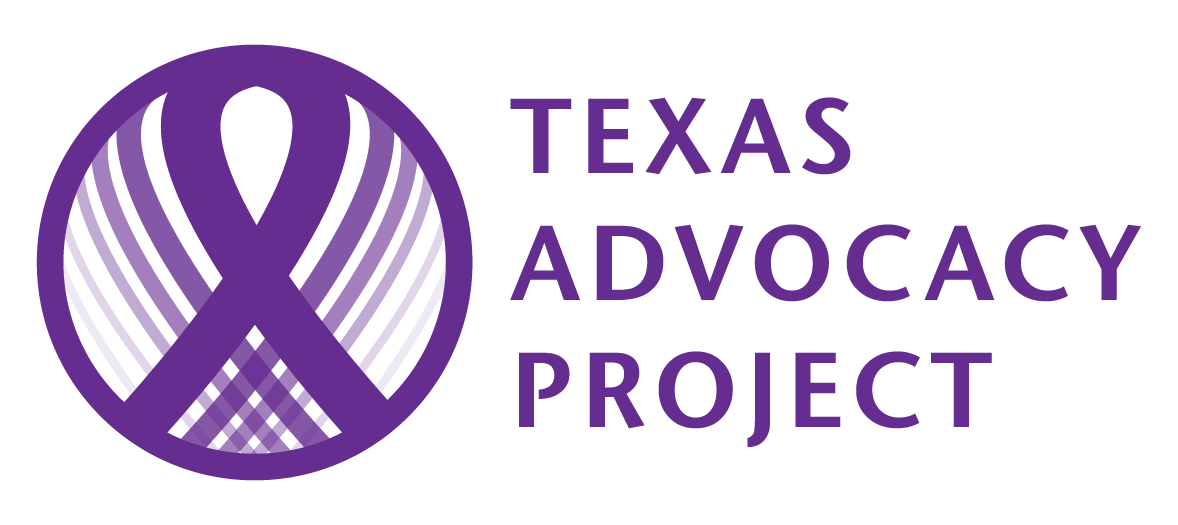GET HELP NOW: Call 800-374-HOPE | Apply for Services Online/Solicitar Servicios en Línea
Email Us | Donate | Email List Sign Up | En Español
Upcoming Events | Teen Ambassadors of Hope | Black & White Ball | Handbags for Hope
Glossary of Terms
Because your path to freedom involves legal processes, you will hear a lot of new words, as well as familiar words being used in new ways.
Use this list to help you understand some of the key terms that will be used during the process.
Remember to ask questions. Whenever there are terms or parts of the process you don’t understand, ask someone to explain it to you.
Emancipation
The process by which a minor child is declared to be an "adult" by a court of law. The child must petition the court for this right. The age at which you can file for emancipation is set by law in each state.
Emergency Protective Order
An Emergency Protective Order (EPO) is a criminally enforceable court order that can be issued to the abuser following an arrest on a family violence offense. The victim is not required to be present in court when the order is issued and there is no separate application process required of the victim.
Evidence
Proof; witnesses' testimony; written statements or physical objects that someone presents at trial to make his or her case. testimonial evidence -- Statements that witnesses make under oath at a trial. demonstrative evidence -- Physical items that the parties introduce at trial, such as records, documents, exhibits, and objects such as guns or other weapons.
Ex parte
On one side only. (EX: A judicial proceeding or order is said to be "ex parte" when it is taken or granted for the benefit of one party only, and without notice to any other person adversely affected. For example, you might have an "ex parte" hearing on your request for a restraining order during which a judge listens ONLY to your side and then can grant you the order without the defendant (your abuser) present. The order will be temporary until the judge can hold a full court hearing with the defendant present to tell his side of the story.)
Examination
The questioning of a witness by a lawyer at a trial or deposition. When the lawyer calls a witness for their case and questions the witness, the questioning is called direct examination. When the opposing lawyer questions the same witness, the questioning is called cross-examination.

